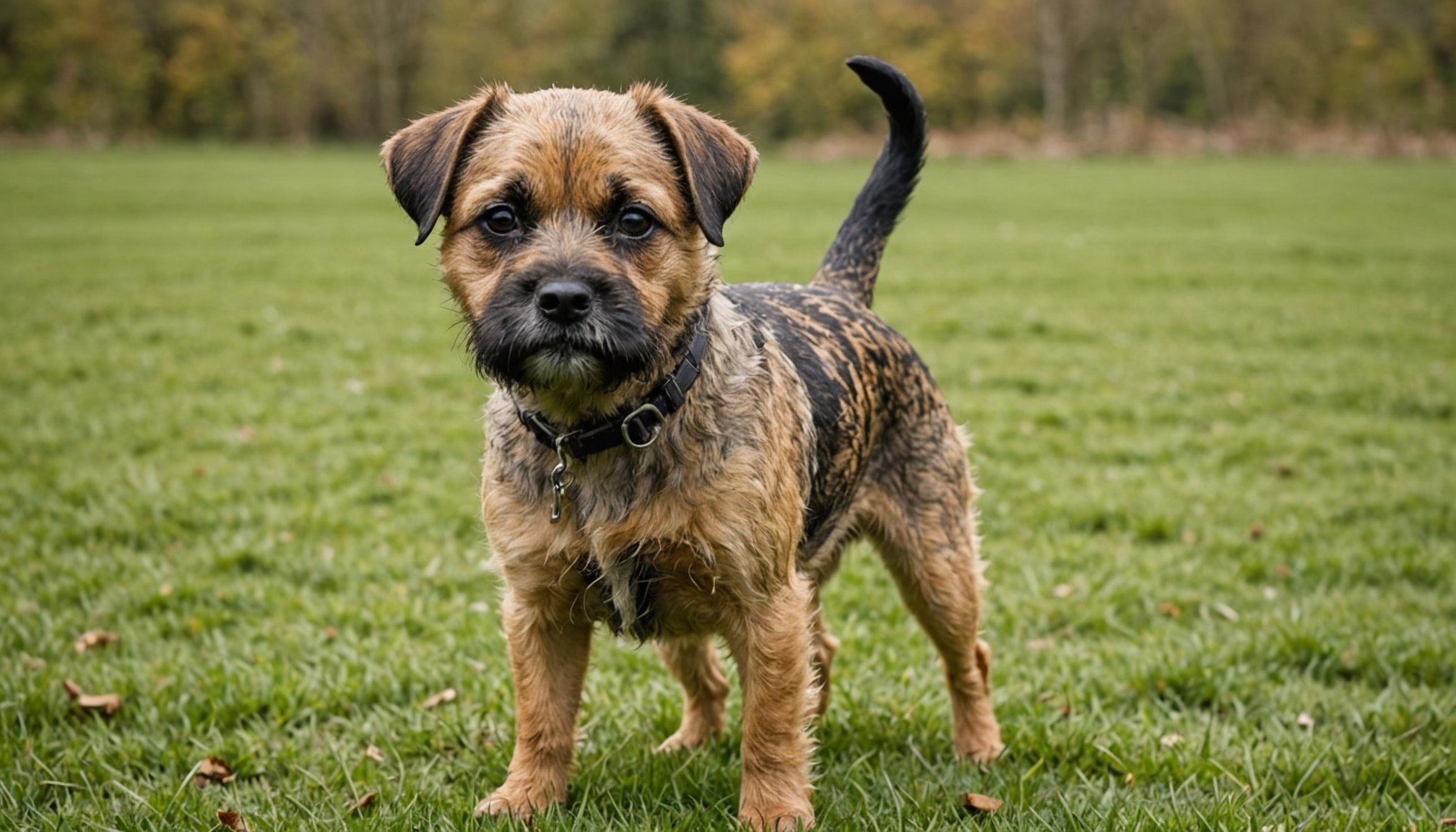Nutrients Essential for Coat Health
Understanding the role of specific nutrients in maintaining optimal coat health is vital for your furry friend. Essential fatty acids, particularly omega-3 and omega-6, are crucial in promoting a shiny and resilient coat. These fatty acids contribute by reducing inflammation, supporting skin health, and preventing dryness, which leads to a healthier, glossier coat.
Vitamins play an equally significant role. Vitamin A is essential for cell growth and differentiation, impacting the skin’s overall condition. A deficiency can result in rough, dry skin, tarnishing your dog’s coat texture. Vitamin E acts as an antioxidant, defending skin cells against damage from free radicals and enhancing shine, while the B complex vitamins help condition the skin and strengthen hair follicles.
Also read : Can dachshunds thrive in dog sports without risking back injuries?
Other critical nutrients for coat improvement include zinc and biotin, which function as co-factors in enzymatic reactions within the skin. Zinc plays a part in repairing damage and decreasing irritations, while biotin supports keratin production, thus fortifying hair shafts.
Incorporating these nutrients effectively into your dog’s diet ensures not only a splendid coat but also robust skin health. This comprehensive approach helps in preventing common irritations and enhances the overall quality of life for your pet.
In parallel : Is a standard tropical aquarium the perfect home for your axolotl?
Effects of Food on Coat Texture and Shine
Selecting the right dog diet can profoundly influence your furry friend’s coat quality. The nutritional content directly impacts shiny coats and can either enhance or deteriorate the overall texture. Foods rich in essential fatty acids contribute to a glossy coat by supporting skin health and preventing dryness.
The choice between grain-free and grain-inclusive diets is often debated. Grain-inclusive diets, incorporating whole grains, supply essential nutrients and promote skin hydration, although some dogs may experience allergies. Conversely, grain-free diets focus on protein-rich ingredients, which may benefit dogs with sensitivities but might lack certain fibrous content that supports coat softness.
Concerning protein sources, those derived from lean meats, such as chicken or fish, provide essential amino acids crucial for maintaining coat consistency. However, excessive fats in certain meats can lead to an overly oily coat, necessitating a balanced approach.
To ensure your pet boasts a radiant coat, it’s essential to include diverse, high-quality nutrients in their diet. Consulting with a veterinarian can identify specific dietary needs and guide you in choosing appropriate food to support your dog’s fabulous fur. Regular adjustments and observations ensure that your dog’s diet aligns with their overall health and coat aspirations.
Potential Health Issues from Poor Diet
Poor nutrition is often the root cause of many dog health issues, notably those impacting coat problems. A diet deficient in key nutrients can lead to skin allergies and other irritations, compromising your dog’s coat health. Common symptoms of nutritional deficiencies include dryness, excessive shedding, and lacklustre coat appearance.
Lack of essential fatty acids, for example, can cause the coat to become dull and brittle. These fatty acids play a critical role in maintaining not only skin health but also the lustre of the fur. Similarly, a diet that doesn’t adequately supply vitamins A, E, and B complex can result in rough, dry skin and fragile hair follicles, deteriorating overall coat condition.
To prevent these issues, it’s essential to provide a comprehensive diet. Regular veterinary check-ups are crucial for identifying any nutritional imbalances early. Veterinarians can help craft a diet plan tailored to your dog’s specific needs, ensuring optimal health and a vibrant coat. By prioritising a balanced diet and monitoring your pet’s nutrition closely, you can mitigate the risk of coat problems and skin allergies, paving the way for a healthier, happier pet.
Tips for Meal Planning and Grooming
Meal planning and grooming play significant roles in enhancing your dog’s coat quality. For border terriers, a well-thought-out meal plan is essential for maintaining a vibrant coat. It’s crucial to balance nutrients tailored to their unique needs. This can be achieved by incorporating a variety of lean proteins, such as chicken or fish, with rich fatty acids known for their coat benefits.
Hydration is a key factor often overlooked. Ample water intake is essential for maintaining skin and coat health. Incorporate moisture-rich foods and ensure constant access to clean water.
Complementing nutrition with proper grooming routines intensifies the beneficial effects on the coat. Regular brushing not only aids in the removal of loose fur but helps distribute natural oils evenly, resulting in a shinier coat. Bathing with dog-specific shampoos can clear excess oils and dirt, preventing irritation.
Consider these essential grooming tips:
- Routine Brushing: Use a brush suitable for your terrier’s coat type.
- Appropriate Products: Employ shampoos designed for canines to avert skin reactions.
- Consistent Trimming: Maintain nail length and oversee ear cleanliness.
These grooming and meal planning strategies work together to promote exceptional coat health in border terriers.
Dietary Recommendations for Border Terriers
Choosing the right border terrier diet is paramount for maintaining an optimal coat condition. The best dog food for coats typically involves a blend of quality proteins and essential nutrients tailored to their needs. Opt for varieties rich in omega-3 and omega-6 fatty acids, which are instrumental in promoting glossy and resilient fur.
When considering homemade diet options for border terriers, ensure it’s well-balanced. Integrating lean meats, like chicken or fish, with vegetables and occasional grains can supply required vitamins for dogs, including the B complex, which strengthens hair follicles and enhances coat texture. Homemade diets allow control over ingredient quality, ensuring minimal preservatives and additives.
For those preferring commercial options, it’s crucial to select high-quality dog food. Look for products marked as complete and well-balanced, with clear labelling of ingredients. These foods should include coat health nutrients such as amino acids, and vitamins A and E for skin and coat enhancement. Always check for AAFCO approval to ensure dietary standards.
By carefully selecting food options, whether homemade or commercial, you can effectively support your border terrier’s coat health and overall well-being, ensuring a vibrant and shiny appearance.










